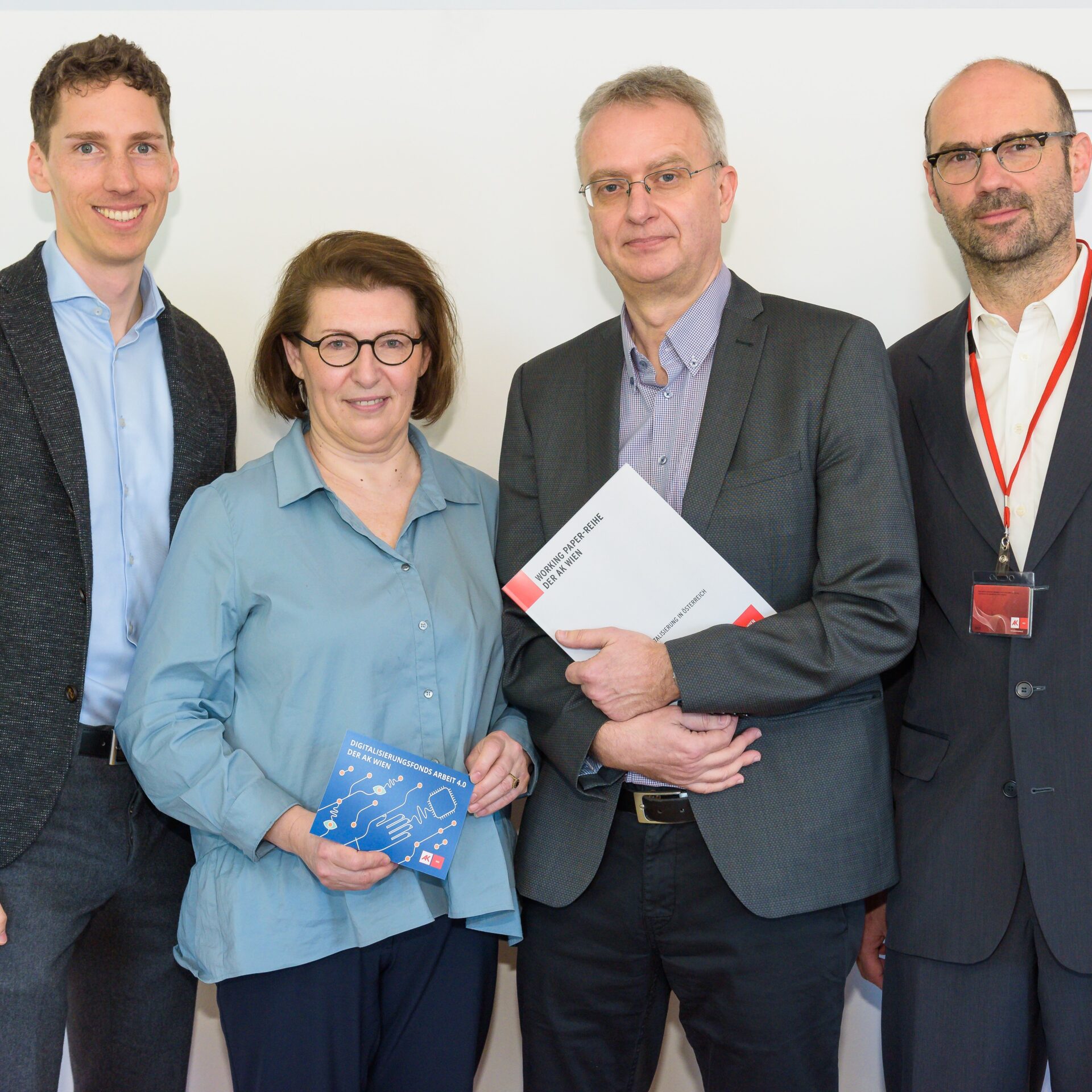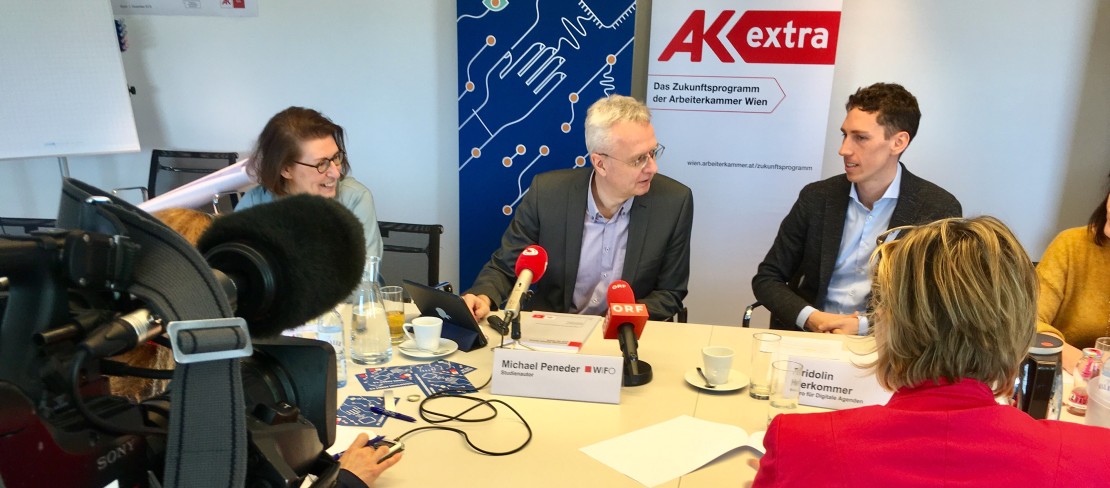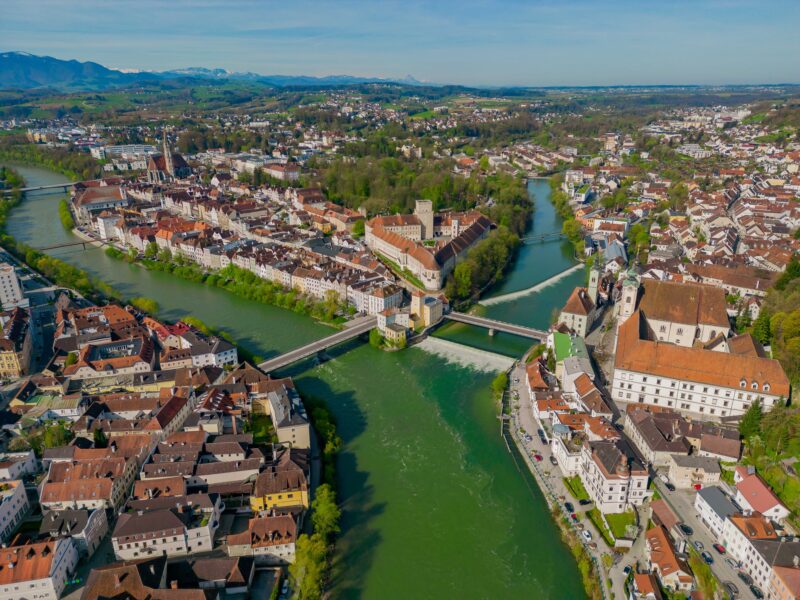
Digital Transformation in Austria
As a general purpose technology, digitisation is the driving force behind numerous innovations. In the long term, these innovations strengthen demand, and, with economic growth, also real incomes. Compared to the top performers, however, Austria lags behind in many key figures of digitisation, e.g., the lower private use of modern broadband services by international comparison. In companies, digitisation is somewhat faster and generally closer to the European average.
According to the WIFO study, Austria ranks 7th in per capita income in the EU and 11th in the EU digitisation index. And Austria is also lagging behind digitally in terms of its contribution to growth in gross domestic product (GDP), where the country only ranks 15th.
However, all this is not due to an investment gap, which is not discernible. On the contrary, Austria invests comparably much. "The most noticeable reason for the shortfall is the low demand from private households by international standards," said Peneder at the study presentation.
To foster and shape digital change, simply "more" investment will therefore not be sufficient. Instead, a broad spectrum of coordinated initiatives (innovation, adoption, training, regulation, etc.) will be necessary.

























